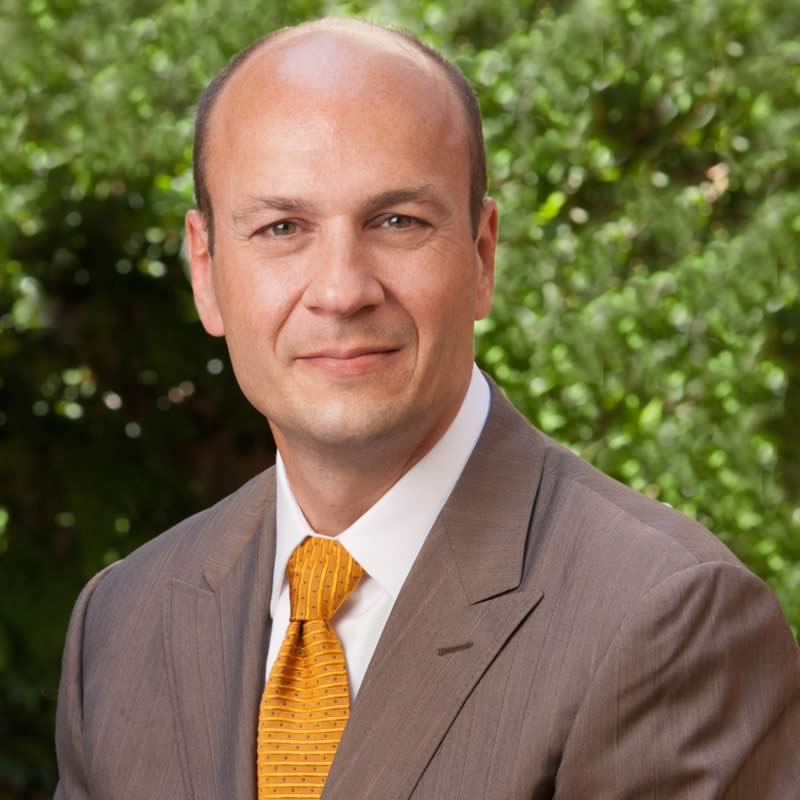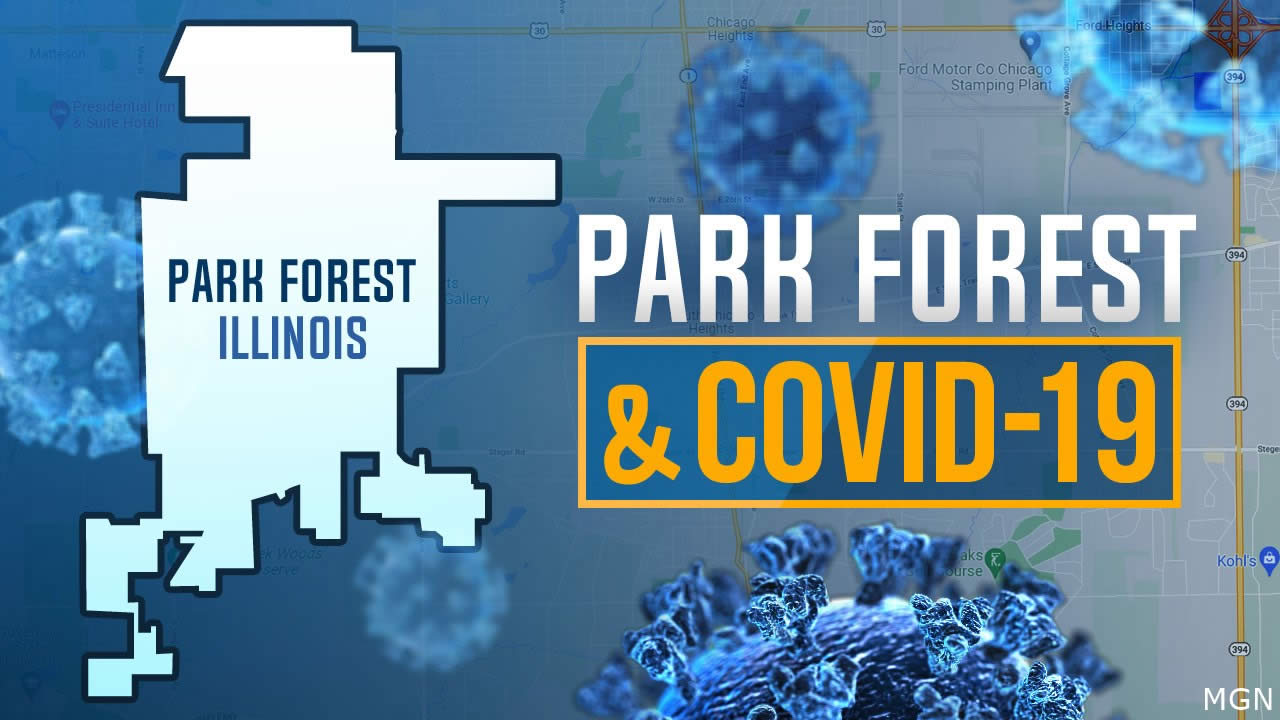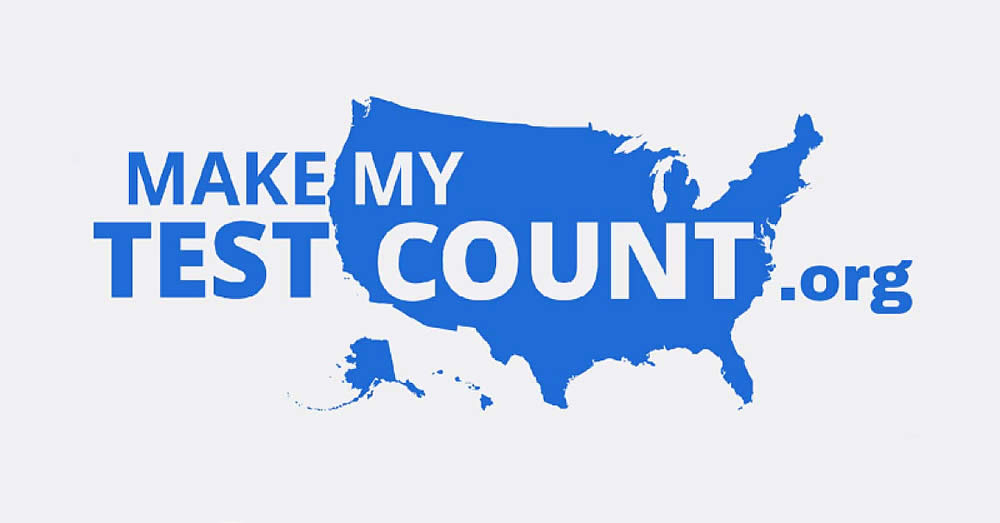
Stanford, CA-(ENEWSPF)- Dr. Timothy Angelotti serves as Associate Professor of Anesthesiology, Perioperative and Pain Medicine (Adult MSD) at Stanford University Medical Center. We chatted about COVID-19 and wearing masks well before the presidential election. Have been using this interview as background and have quoted Dr. Angelotti numerous times since our interview for other pieces.
After exchanging pleasantries — we hadn’t seen each other in 35 years since we graduated from the University of Notre Dame — Dr. Angelotti got right to his concerns and those shared by others in the medical community regarding the spread of SARS-CoV-2, COVID-19.
The full interview follows where Dr. Angelotti comments on America’s squandered opportunities following the first lockdown last March and the dangers that remain if we do not wear masks and take this virus seriously.
We express our gratitude to Dr. Angelotti for taking the time to conduct this interview.
ENEWSPF: Hi, this is Gary Kopycinski for eNews Park Forest speaking with De. Timothy Angelotti, associate professor of anesthesiology perioperative and pain medicine at Stanford University Medical Center.
Full disclosure we went to college together at Notre Dame and graduated 1985. So, here we are seeing each other face-to-face for the first time in 35 years. Both of us lost a little bit upstairs.
Dr. Timothy Angelotti: Yes. you can see that in my whole family tree, there was no losing that. I love to say my twin brother’s lost more hair than me, so it’s okay.
ENEWSPF: There you go. We’re at the mercy of a virus that we’re learning a little bit more about every day and we still don’t know a lot about– I asked you for your time if you would talk about why masks help. That seemed something that people come back to. There are people playing nose commando. And what are the benefits?
Dr. Timothy Angelotti: Okay. Well, I’ll start by saying this. My backgrounds in critical care medicine as we as analgesia but obviously this has impacted us. I’m not speaking as a person who is quoted expert in masks, but I can tell you what I do know and what I’ve read.
The first thing is simply everybody has to understand if people are going to look for data, meaning I’m a scientist, I have a Ph. D. as well so I always look for data, and if you ever want to look for data for a mask it’s not as good as you’d like to think it is.
Because quite honestly, we’ve never had to worry this much about wearing masks as a public health measure probably since 1918 with the previous Spanish Flu and that was the last time this happened. As note of history, because I’m getting more into history as I’ve gotten older, the exact same problems happened in 1918 with respect to wearing masks by the public.
It was considered to be an individual mandate; it was looked at as an individual choice and kind of the same arguments that we were hearing then we’re hearing now. In general, I wish I could bring up a graph, I have to find it, someone posted on Facebook but it’s simply like this:
This is a disease that we knew nothing about when it first came out. We don’t have any natural immunity however there is some question now about some recent findings I’d be glad to discuss. But in general, when the first masked mandates came out in March it was because we had nothing else to offer.
There were no drugs, we didn’t even know how this disease presented. There is obviously a lot of differences in it. So, masks became the easiest way to control spread as well as very draconian measures like lockdowns or even to the point with what they did in China which was basically martial law almost in Wuhan.
The thing about masks is simply this: if they are not tight fitting, we are not talking about N95s we’re not talking about those types of masks, we’re talking about your simple basically a surgical mask and the idea is this, if you’re wearing it and you’re infected but not known, you’re not going to spray it out in the world.
Now, everybody likes to come back and say, “Well it doesn’t protect you” because obviously the mask isn’t an N95 which is more for protecting you because that’s a tight seal it doesn’t allow anything in except through the mask hence it’s a filter.
A surgical mask is simply this: it’s to prevent other people from being infected by you if you’re unknowingly infected. It will prevent you from being somewhat infected although the question about the effectiveness is if you’re wearing a mask and someone isn’t and they are coughing on you, I think I saw the order of a 30% chance of getting infected.
Now the problem is there is no data so I don’t know why people say it’s a 30% chance or a 5% chance. But basically, distance and wearing a mask prevents you from breathing each other’s expelling aerosolized breath which in some people it could be infected and contain Covid and that’s really the long and short of it. It’s to just prevent the spread out in the community.
ENEWSPF: I appreciate that. I think the only way to convince people who still are hesitant or hold it as their political right to not wear a mask is to just keep pushing out the facts.
Dr. Timothy Angelotti: Yes, I totally agree. Here’s the thing. I used to say to people you wear it’s a seatbelt, its publicly mandated and you don’t fight on that. Btu someone else said that’s not really a good example because if you don’t wear a seatbelt and you’re more likely to get hurt and therefore is an individual choice you would say, because you’re not hurting anybody else.
The better choice would be you don’t maintain your car and if you live in a state where you have to have inspections imagine the state where you didn’t. Yes, I’ve got faulty brakes but I know how to work them. That’s a better example, because if you don’t fix your brakes you could hurt somebody else.
And states that require to have, not all states do obviously and some states require inspection to make sure your care is safe, that’s why. You don’t fight back, people don’t say, “It’s my car, it’s safe. I know what I’m doing. I’m a better driver. Don’t worry about it”.
No. You have to do it, the government mandates it and everybody agrees. In fact, everybody pays for the service which makes it even better. A simple mask will prevent spread, it’s been shown. Every country that’s done it in an aggressive way has demonstrated control of the spread.
The problem we have in this country is– I’ll go off topic and be political — it’s the idea of American exceptionalism, we believe that we can fix this problem because we always have fixed the world’s problems so we’ll fix it. Then when you get false news about cures, hydroxychloroquine, chloroquine and all these other types of things and even worse quack cures, then people have a false sense of security.
So, the idea is if I get sick so what, most people don’t get that ill. The key thing everybody has to remember and I get sick and tired of this, more people die from the flu or something else along those lines. The problem is it’s not about death, it’s not about the healthy people, or the people that get very little illness from this, it’s about the surge that can happen in a hospital setting when you have a whole bunch of people get infected. Because we do know one data point that’s pretty solid is between 2 to 5% of infected people will be hospitalized. If you have 100,000 people that’s 5,000 people showing up. If you’ve got 10,000 people you do the math.
That’s the real thing, and what really bothers me is that the media has been harping on test positivity and death. What they haven’t talked about is hospital utilization because that’s what I experience. Luckily, we have a very solid plan in place at Stanford as well as Northern California, so we’re not getting hit as bad as L.A. is.
But that’s our biggest fear and that’s what people don’t appreciate that if you want a hospital full of people who are full of Covid, then keep doing what we’re doing. Then all other medical care will go by the wayside until we get control of this.
Do you want us to cancel elective surgeries again? People are afraid to come to the hospital so they’re not getting the care they need and more people are dying at home from MIs and heart attacks or whatever. That’s why you need to wear a mask. It protects everybody and it keeps the system in place going and doesn’t allow us to get crushed.
ENEWSPF: I don’t think I said this since I started recording, but for anybody who’s watching, thank you. The background chatterbox is apparent. I’ll go into this later but I had to do the interview from home. Tim, are we closing in? What do the chances of an antivirus look like?
Dr. Timothy Angelotti: Here’s the thing. I basically in March, when this thing first came out, I started hearing the reports about hydroxychloroquine and other things. Of course, being at a place like Stanford we’re at cutting edge science, I’m hearing all kinds of stuff.
I made some predictions and so far, almost every prediction I’ve made has come true. I predicted that hydroxychloroquine would fail because I looked at the mechanism of action. My Ph. D. is in pharmacology which is the study of the mechanism of drugs, so I do this from a basic science point of view.
I teach for so many years, ran a research lab, funded an NIH research lab, et cetera. I looked into hydroxychloroquine and based on what it works for malaria and everything else, I said, “You know what? It may have a role. It may work, but it’s a weak mechanism. It’s an indirect mechanism as an antiviral. So most likely it’s not going to work for very sick people. People who are really infected it’s going to be overwhelmed and this type of antiviral drug won’t work.”
I predicted at that time that may work as a prophylactic but I believe that was the only thing, like they use for malaria prophylaxis. I was wrong on that estimate. That was the only one I’ve been wrong on so far. I predicted that within a month, in April, we’d start having second generation tests. That by April May we’d have antibody tests.
I predicted third-generation testing and there was a third-generation test that’s going to be coming out that’s a totally different technology than PCR. So, a lot of the problems with PCR go away. It’s much quicker, it could turn it into a few minutes. It’s like a dipstick kind of testing that you would get versus this PCR which takes a while, takes days to get back. That would be a revolution.
I also said the convalescent plasma and obviously we’re using convalescent plasma already, but I knew the technology for converting convalescent plasma into a monoclonal antibody therapy was there. I’ve posted some articles about this.
The technology is much further advanced than I even dreamed of and they’ve already figured out taking antibodies from patients who have had the disease, reverse engineered in into — if you’ve heard of Humira and all those types of drugs? Those are monoclonal antibodies that are produced commercially.
They will be producing convalescent plasma equivalent monoclonal antibodies in the next two months. They’ve already gone in production a month ago. This actually comes out the Department of Defense, if you can believe it. There is a huge grant program, they set this up for us without realizing it 10 years ago.
The government said, “If an infectious agent gets used in bio-warfare, we want to be able to take that convalescent plasma from an infected soldier and convert it into a monoclonal antibody in 60 days.” That was the grant. There was a company that successful completed it up in Vancouver, British Columbia.
That technology is the reason why we’ve taken this plasma and converted it into a monoclonal antibody and it didn’t take 60 days, it took about four months. But I can tell you 20 years ago, that would have been an impossibility, that would have taken 10 years.
10 years ago, it would have taken up probably three years. Now we can do it in four months. The scientific ability around the world, not just the U.S., is amazing at what they’ve done what they’ve uncovered and all the things we have learned.
The problem is it’s so nuanced that the average person can’t understand it and when the media picks up at it and hints at it because they want to report good news or whatever it gives away too much information that’s not readily digestible and that’s one of the concerns.
But this antibody therapy will be coming out. They are doing other types of drug therapy either using Interferons or interleukin therapies now. There is a lot of really interesting stuff and I told people from the very get go in March, “You’ve got to give us six months” meaning the healthcare people.
“You’ve got to give us six months. You’ve got to keep this from getting out of control because in six months, which is September we’re going to have a lot more weapons in our arsenal,” and that’s what’s happening.
Those predictions I made, I’m not saying I was clairvoyant, but I was just reading what I knew from the literature and what my scientific background and clinical background was and that’s what we’ve done.
Those therapies are all going to be there. I think an antiviral as a drug therapy, those have been the most difficult. We don’t have one for the cold, we have one called Tamiflu for flu, but you have to take it within three days.
I think other biologics, as they’re called antibody therapies et cetera, are going to be the way we’re going to go. That’s what’s going to happen. A vaccine, again, they’ve gone faster than they ever have with a vaccine and I believe that around 2021, February March or whatever, is when we’re going to start seeing some vaccine trials and the question about who gets it first et cetera. That’s when that’s going to happen.
The Russian situation, everybody is talking about it but all they did is they skipped doing phase three studies. They went from phase two put it in humans saw an antibody response, minimal safety, and they’re going to throw it out there.
Now, they may be ahead of us if its successful, but if there’s any badness to it it’s going to set everything back and that’s the bigger fear. But overall, I believe we’re going to have treatments for the disease, we’re going to have antiviral therapies for the disease, and I think this is, like I said, faster than ever was done before. It’s amazing the speed at which they’ve done this.
ENEWSPF: The Great Influenza was extremely politicized as well. This has been no exception in that regard. Are you concerned about the politization as who gets protection first?
Dr. Timothy Angelotti: Definitely I’m afraid about that. I’m afraid about on that global level it’s definitely going to be different countries are going to do different things. For example, the largest vaccine manufacturer in the world is in India. I forgot the name of the company.
They have already negotiated with one of the candidate vaccines from England, because they have their own vaccine program going. They’ve admitted that they’re jumping the gun in production. However, they said if we wait until we finally have all the data to start production, because it’s going to be very hard to produce large amounts, we’re going to be behind.
So, they’ve taken the risk of investing hundreds of millions of dollars to start producing a vaccine for the English group that they believe be the one that’s going to work and if they’re wrong it’s going to be a waste, but if they’re right they’ll jump everybody ahead.
But here’s what they said, “We’ll do it but half the doses stay in India.” So that’s what they said, for taking this risk this is what we want. I can’t blame them for it but that’s what’s happening. Who is going to get it will be politicized.
My concern is the approval will be politicized and they are going to try to push out a vaccine because Trump wants one fast because it will help his reelection and he’ll push out a vaccine before its vetted. Remember, some of the early vaccines that were created for SARS and it’s unfortunate that a lot of vaccines for SARS were sitting on shelves and never went to much testing, but some of them actually activate the virus when you get infected. They make the virus a little easier to get inside the cells and do their job, their badness. That’s the fear. Now, you can test for that and you can weed those out. Has Russia weeded that out? We don’t know.
That’s the reason why it’s going to take a while and if they politicize the approval process just to get one out you’re going to put people at risk and if it does go wrong then what’s going to happen it’s going to scare everybody else from ever taking a vaccine of this type or anyone in the future.
The technology behind the vaccine doesn’t scare me. In fact, the technology for the vaccine, I call it a simple parlor trick, we’ve been doing it in cell culture and research labs since around 1990. So, it’s not unheard of to take these RNA vaccines and inject them, the problem is we’ve never taken an RNA vaccine to market, because RNA vaccines tend to have a very short half-life. They are just an unstable compound.
So, the politics are going to be people trying to push timelines beyond what scientifically can be done. That’s my biggest fear.
ENEWSPF: Got you. I thank you for your time and your expertise. Do you have any closing thoughts?
Dr. Timothy Angelotti: First it’s good to see you. Definitely if we ever get reunions again, we’ll have to line up and go for it. My own biggest thing is, I remember my mom, my mom’s 91 years old, and she’s still kicking. She grew up on a farm in the depression, she was born in ’29. She grew up during World War II, and she used to tell us all of the time growing up the kinds of things they had to do.
This was rationed, leather, gas, sugar, flour. Everything they had to do for the war effort and they did it, much more than we have to do right now. She used to say to us back 20-30 years ago, she used to half joke but she was half serious, “If your generation had to go through what we had to go through you wouldn’t make it”.
Right now, I look at it and go, “This is our moment and we’re definitely proving her right.” Because people aren’t demonstrating the strength the conviction and the stoicism to do what we need to do. They had to put up with something with a very unknown potential future, what they were dealing with.
But for some reason we don’t believe that what we’re facing is an unknown enough to scare us, and then they throw the whole idea of fear. Everybody just needs to understand, the longer we perpetuate this, and look at all the rest of the world and how better they are doing, the longer we perpetuate this, the more likely this is going to get a foothold and it’s never going to leave the country.
It’s going to because a bigger year to year thing because more people and more situations are going to rise up where it’s going to hold onto, the virus is going to live.
So, we’re doing a bad job, and the only way to correct it would be to do a quick lockdown again but that’s going to have no stomach for that and we wasted the previous lockdown.
We did a lockdown and people put up with it but we wasted and squandered that opportunity because we didn’t follow it up with mask and everything else. We quickly reopened thinking that was all it was going to take because this is how it works in America.
I believe we’re going to get ahead of it. I believe we’re going to get control of it, I really do, because everything I’m seeing from a clinical research point of view. I just fear how long it’s going to take for this country to get back to normal so we can travel internationally we can do business we can open up, because we’ve squandered our opportunity.
ENEWSPF: Dr. Angelotti, thank you so much. Appreciate your time.
Dr. Timothy Angelotti: Glad to help out. Take care.
Author’s Note: Since this interview, it has taken me until now to get my “sea legs” teaching in a hybrid model. Hence the delay in publication for which I apologize.








